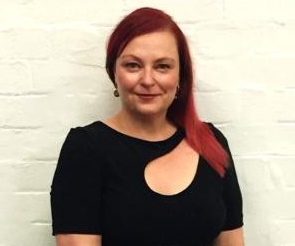How I stopped feeling like a fraud in one easy lesson*
Is a fear of failure or embarrassment holding you back from making your big idea happen? In this guest post, Rachael Lonergan reveals how she overcame stage fright and fear of being called ‘a fraud’ to go all-in on her biggest and most personal project ever.
“You think, ‘Why would anyone want to see me again in a movie? And I don’t know how to act anyway, so why am I doing this?'”
– Meryl Streep, 19 time Academy Award Nominee, three-times winner
I’ve been thinking a lot about imposter syndrome recently. In case you don’t know – but of course you do, because we’ve all been there – it’s a phrase that describes the inability of successful people to internalise their accomplishments and a persistent fear of being exposed as a ‘fraud’.



Great piece Rachael. Thanks for having the confidence to share it (and overcoming the symptom once again Im sure). So often pieces on industry sites get stones thrown at them it exasperates the syndrome (I only had to read a couple of announcements on Campaign Brief to realise the vicious subjectivity of some people!). Thanks again. MP
Lovely story Rachael. Though how did you ‘stop feeling like a fraud’?
Good on you Rachael.
I like to think that being wrong doesn’t make you/me a fake. The best sports players miss most of the shots they take. Losing is just part of the game and not “fake”. Easy to confuse.